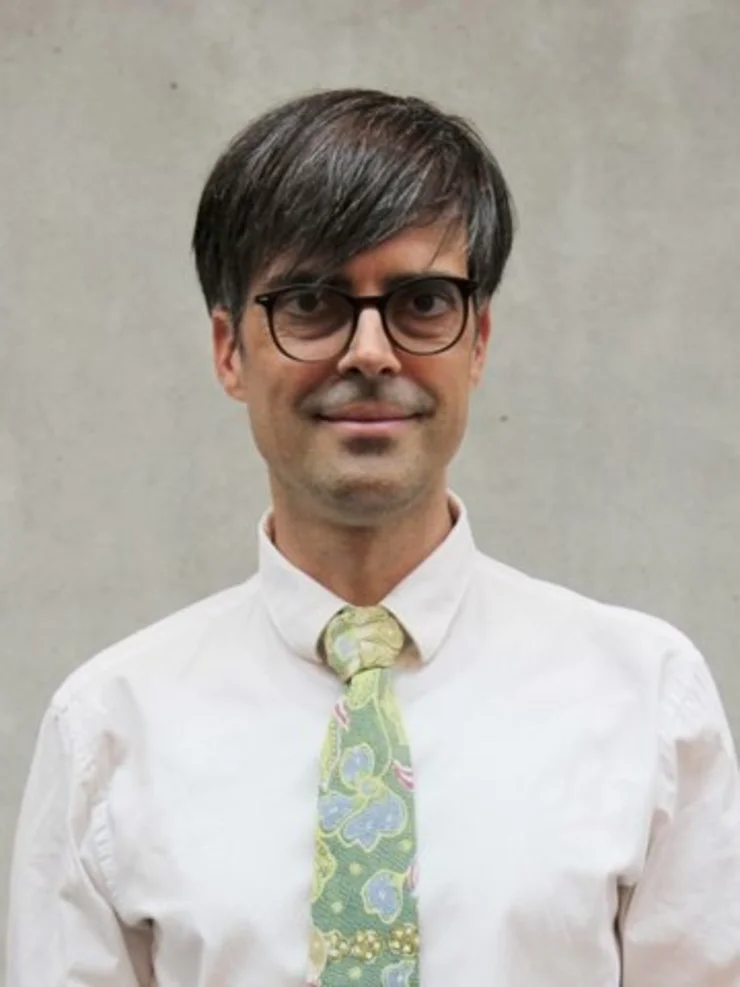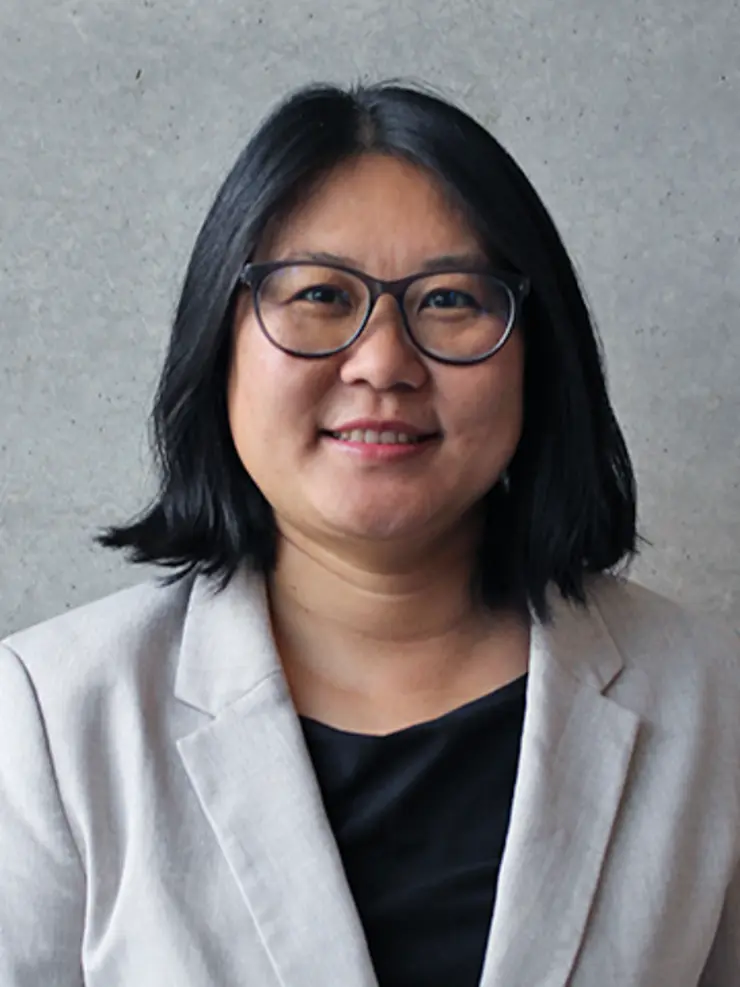"There is much to learn from the case of Myanmar."

This February marked two years since the military coup in Myanmar. The prison sentence against Myanmar freedom fighter and politician Aung San Suu Kyi in Dec 2022 by the judiciary controlled by the military junta shows once again that the situation in Myanmar is deteriorating rapidly. This process has also been and continues to be facilitated by failures in development policy. For example, Germany did not keep enough attention to developments in the Southeast Asian country, says Prof. Dr. Achim Kemmerling, holder of the Gerhard Haniel Professorship for Public Policy and International Development at the Willy Brandt School of Public Policy at the University of Erfurt. He views the situation there with concern – as does Aye Aye Htun, Myanmar researcher and doctoral student at the Brandt School. Together, they shed light on which aspects of development policy have had a negative impact and what Germany can now do to revive the democratization processes in Myanmar, which were once advanced in particular by Aung San Suu Kyi.
The court ruling [1] for former government leader and Nobel Peace Prize laureate Aung San Suu Kyi shows that the military government in Myanmar must resort to ever harsher measures to consolidate its power. Suu Kyi was given a secret trial without her access to effective legal assistance. Therefore, the sentence of 33 years (in total, and her trials came to an end on the 30th of December 2022) for alleged corruption seems like a pure waste of paper. It also testifies to the fact that the junta lied when it originally promised to remain in power only for a short transitional period.
Other news from Myanmar gives even more cause for concern. Since the military coup in February 2021, the government has sentenced 142 dissidents to death. [2] Regional conflicts, such as those in Rakhine State, are increasing in brutality. Regional resistance armies are gaining support from members of the opposition, who are terrorized by the government with house arrests, bans on professions and demonstrations, and arbitrary arrests and torture. Economically, too, the junta continues to ruin the country, which is already battered by the pandemic and gas shortages. Since the coup, the value of the currency has collapsed by more than 30 percent against its most important trading partners, which is also causing inflation and stagnation. [3]
The options for what can be done from the outside to help democracy and human rights in Myanmar are limited, especially since China and Russia support the regime economically and militarily. Nevertheless, from a German point of view, a lot can be learned from the case of Myanmar and the strategy can be changed accordingly. This applies in particular to international development cooperation.
As we show in a forthcoming study [4], Western donor countries have paid too little attention to the problem of regional tensions. The lifting of sanctions against the previous military regime in the course of a partial political and economic opening of the country since 2007 has led to considerable socio-economic upheaval and to massive enrichment of the very military representatives who have now regained power. Development aid can do little in this context, but it must focus more on the issue. Only a few international donors have targeted poorer regions and politically and socially vulnerable people. Where, as in the case of the United Kingdom, they explicitly did, they were blocked by the hybrid government of Aung San Suu Kyi, in which the military still had great influence. Germany's balance sheet is rather mixed, as many flows of money into technocratic projects, for example, to promote agriculture, have also benefited weaker regions, but not necessarily the poorest people within the regions.
Another major problem facing German development cooperation was the strategic decision of the Federal Ministry for Economic Cooperation and Development to reduce the number of recipient countries and, above all, to give preference to partner countries that are committed to ongoing reform. As Suu Kyi's government was viewed more and more critically in the West, especially because of the catastrophic situation of the Rohingya ethnic minority, Myanmar fell off the funding list due to inadequate reform measures. [5] This was doubly tragic and short-sighted. First, even before the coup, Germany had no negotiating lever and the country drifted further into the arms of China. Secondly, after the military coup, the military government can hardly be threatened with sanctions in development cooperation. It is therefore now up to German foreign and development policy, together with international partners, to look for ways to help the opposition members in Myanmar in addition to the existing sanctions, as they did before 2007, and at the same time manage to target those circles in the military government that are receptive to new negotiated solutions.
[1] Rhea Mogul, CNN. December 30, 2022. Myanmar court extends Aung San Suu Kyi’s prison sentence to 33 years. https://edition.cnn.com/2022/12/30/asia/myanmar-aung-san-suu-kyi-court-verdict-intl-hnk/index.html
[2] Assistance Association for Political Prisoners (AAPP). Jan 17, 2023. Daily Briefing in Relation to the Military Coup. Assistance Association for Political Prisoners » Blog Archive » Daily Briefing in Relation to the Military Coup (aappb.org)
[3] Myanma Foreign Trade Bank. Daily Exchange Rate For The 17-Janurary-2023. Welcome to MFTB | Myanmar Foreign Trade Bank | MFTB | Myanmar Foreign Trade Bank (mmftb.gov.mm)
[4] Matteo Fumagalli and Achim Kemmerling (i.E.) Development Aid and Subnational Regional Inequality: The Case of Myanmar, Eurasian Geography and Economics.
[5] Deutsche Welle from 14.5.2020, Germany withdraws from Myanmar https://www.dw.com/de/deutschland-zieht-sich-aus-myanmar-zur%C3%BCck/a-53435651
This piece was originally published in German by the research blog "WortMelder" of the University of Erfurt, and updated by Aye Aye Htun for this edition.

About the author
Prof. Dr. Achim Kemmerling is the Gerhard Haniel Professor for Public Policy and International Development. He is the Coordinator of the research cluster “Development and Socio-Economic Policies“.
Prof. Dr. Achim Kemmerling's Profile at the University of Erfurt
.

Aye Aye Htun is a PhD Candidate at the Willy Brandt School of Public Policy at the University of Erfurt under the supervision of Professor Dr. Achim Kemmerling. Her PhD research focuses on Fiscal Federalism in Myanmar as a theory-guided single case study.
~ The views represented in this blog post do not necessarily represent those of the Brandt School. ~